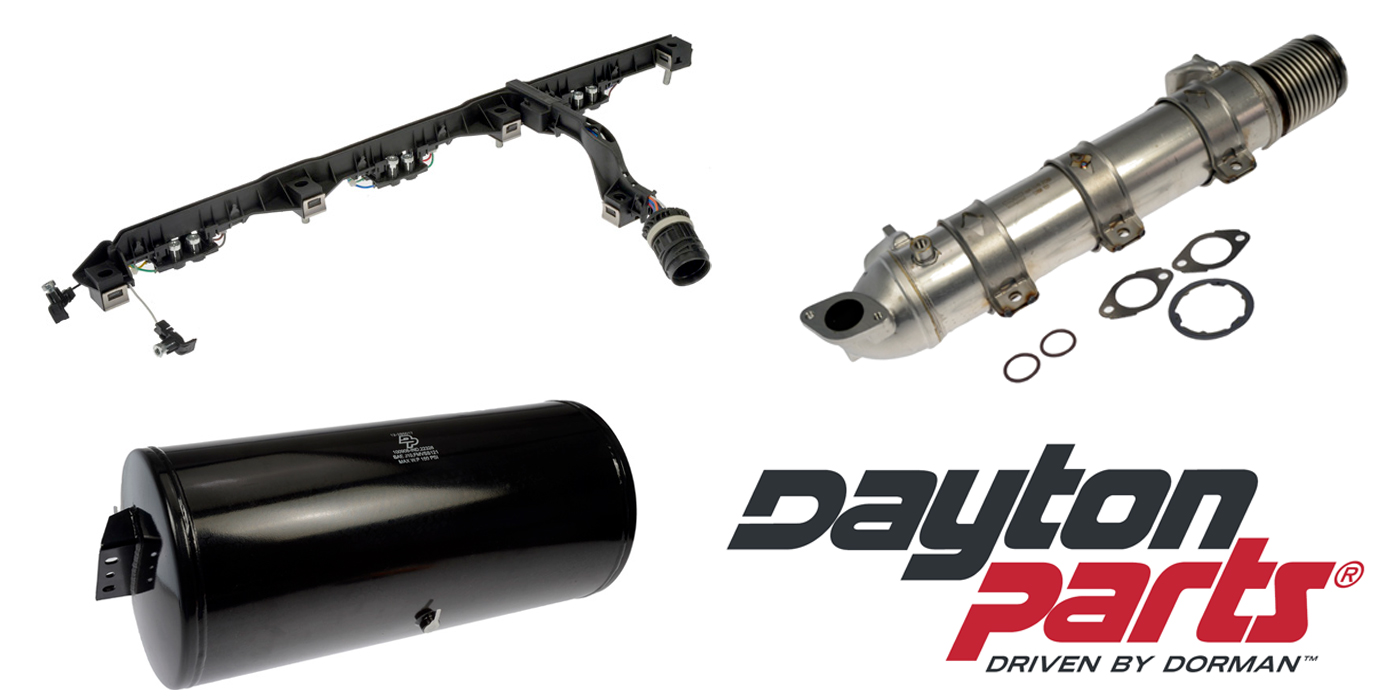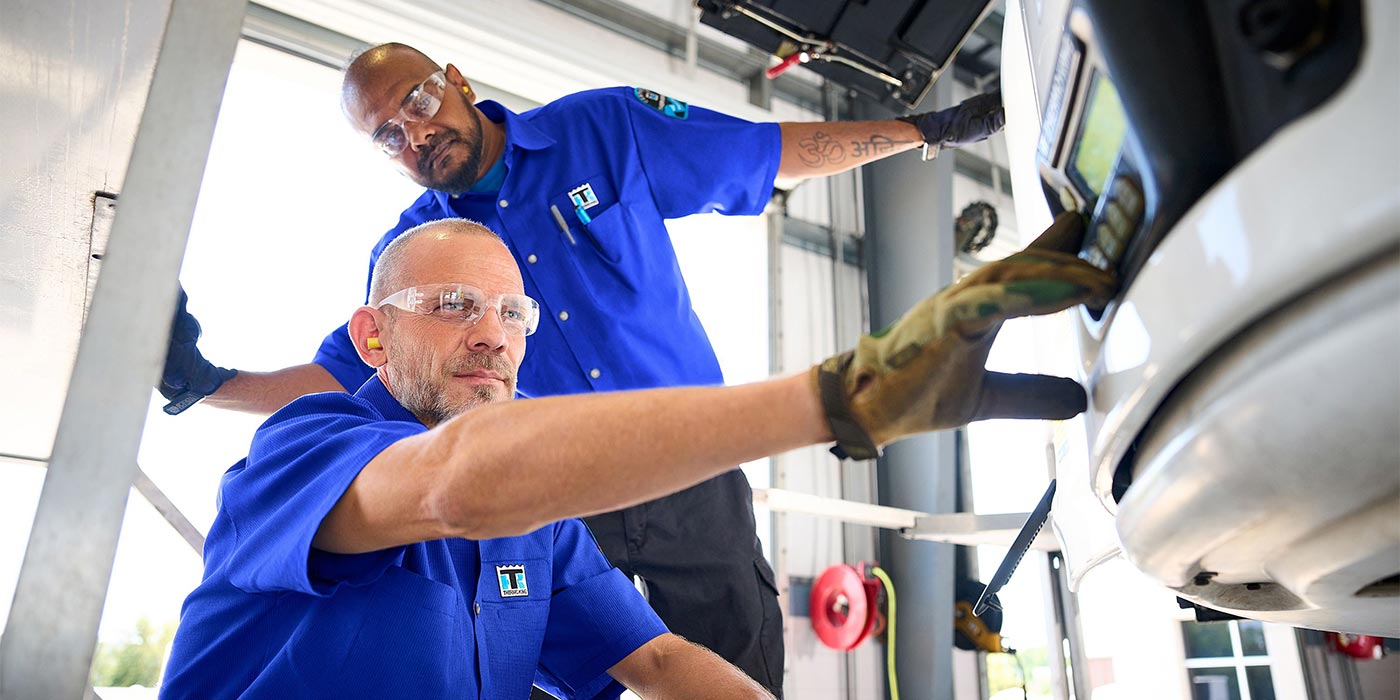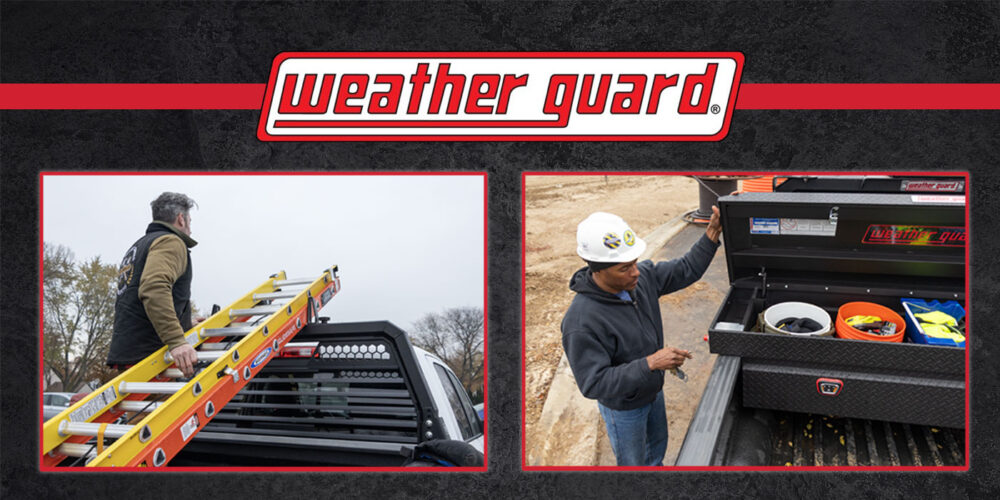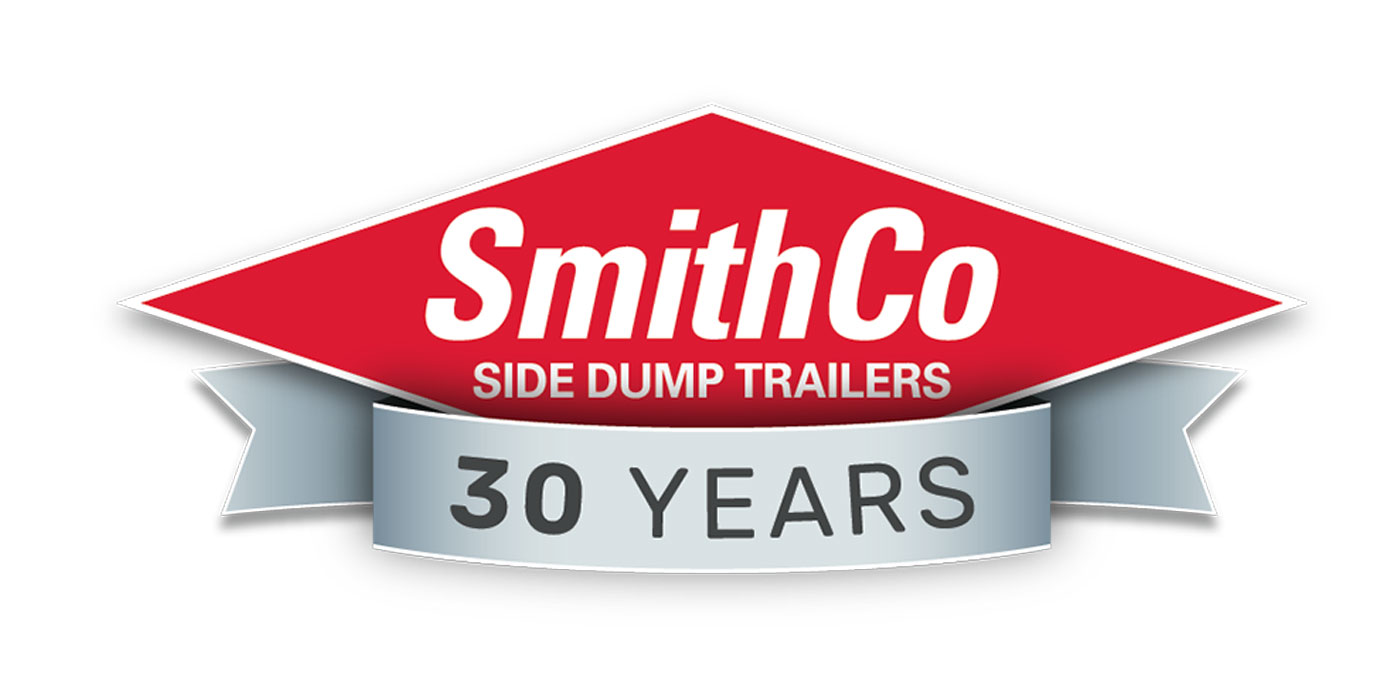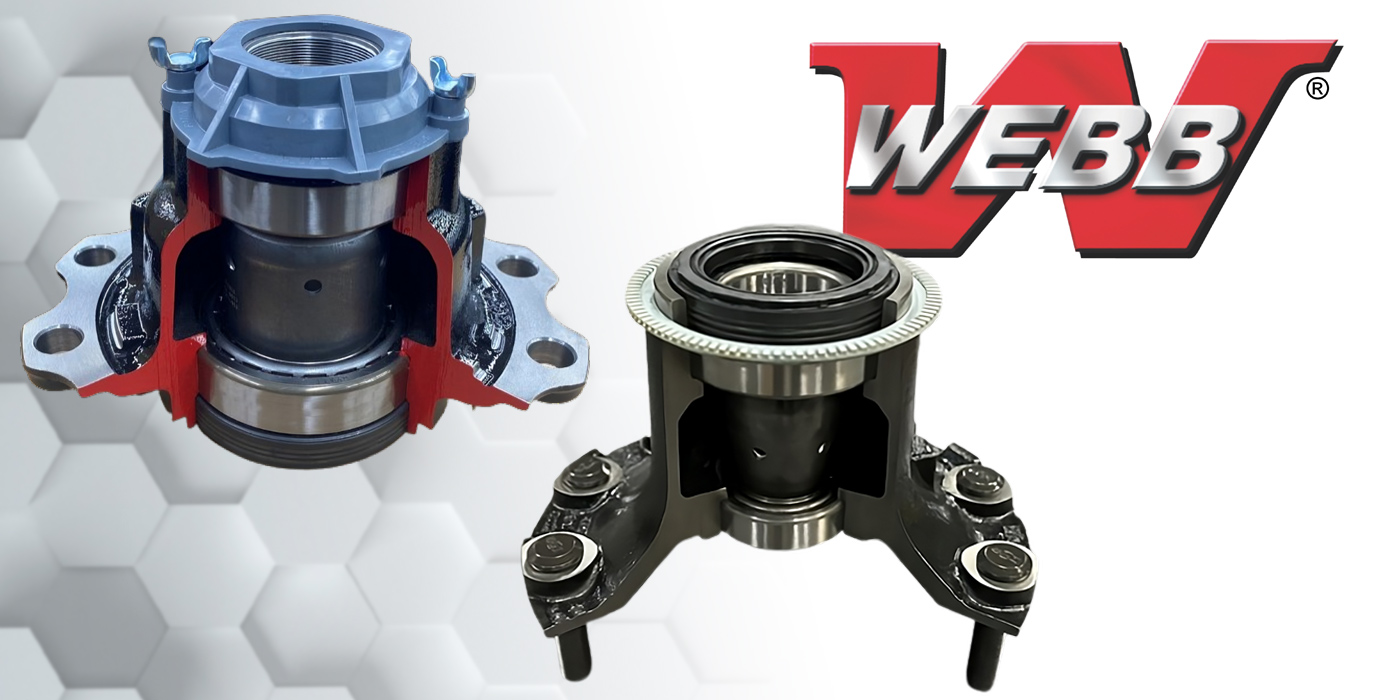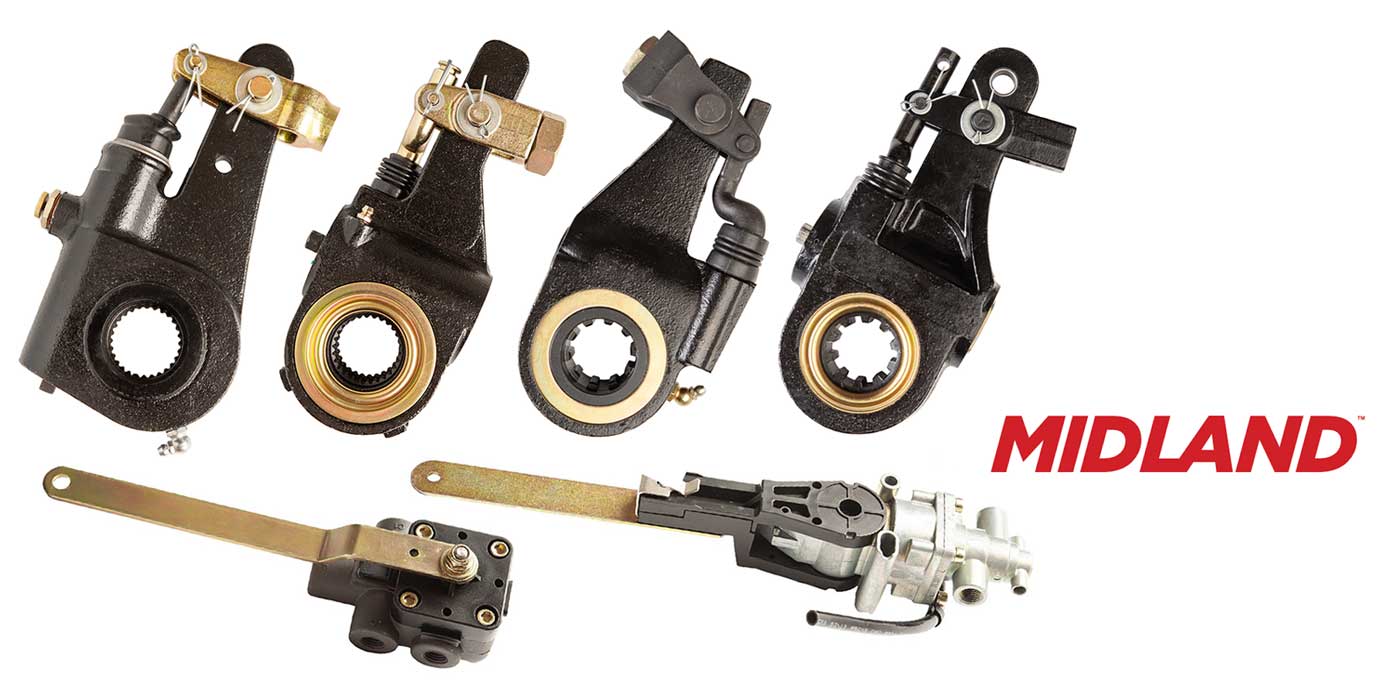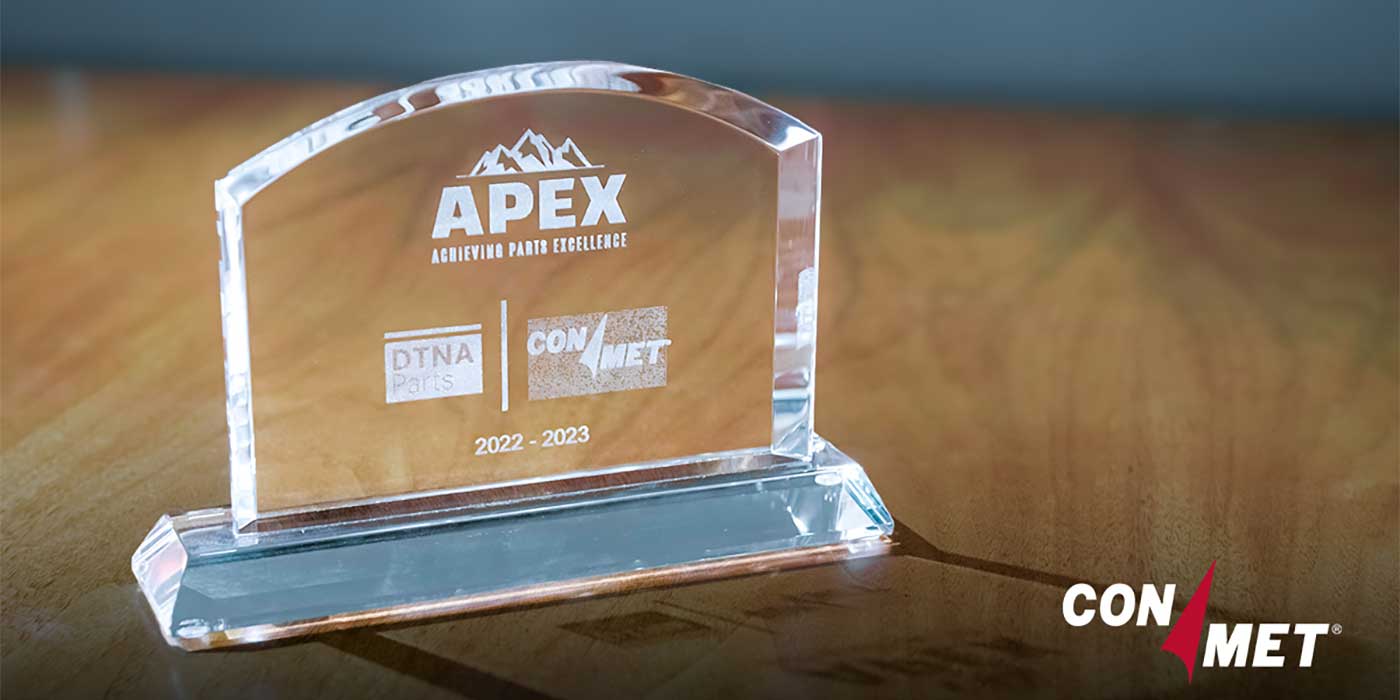Fuel expenses can make up 30 to 40% of a heavy-duty fleet’s overall operating costs. This means that any reductions in fuel consumption can be extremely important, with even small decreases in cost having an impact on a company’s bottom line.
Owners face a continual task of cutting costs, so running their fleets in a cost-effective and sustainable way is crucial—while this affects their general business management, maintaining compliance with industry emission regulations is also increasingly important. This can be achieved by switching to low viscosity engine oils which can help to reduce overall fuel consumption.
Lower viscosity engine oils reduce viscous drag on moving parts, enabling the oil to flow more efficiently through the engine, and in turn reducing any parasitic losses that hinder fuel economy. These oils can also decrease the warm up time of engines, which offers improved protection for fleets operating in colder climates.
Technical advances toward low viscosity solutions
The drive to improve fuel economy has been taking place for some time and to do this, the industry has been moving towards lower viscosity solutions, demonstrated by launch of the API FA-4 oil category in December 2016. The category was formulated to get the best out of the latest, more fuel efficient, low-emissions diesel engines. Lower viscosity FA-4 oils minimize frictional losses between moving components of the engine and reduce pumping and cranking losses, resulting in less viscous drag and improved fuel economy. This enables engines to run more efficiently and use less fuel, while still offering improved levels of wear protection by delivering oil more efficiently to moving parts within the engine.
Consultation
The decision to change engine oil viscosity grade cannot be taken lightly, but through careful planning and the use of a high-performance engine oil that does not compromise engine protection, it can lead to excellent returns. In this situation, it’s crucial to consult your Original Equipment Manufacturer (OEM) to confirm whether your warranty will be affected. OEMs also will have tested their engine models in various environments and with different engine oils, in addition to their ability to chart which viscosities are appropriate for a range of ambient temperatures.
Seek lubricant expertise
Changing your engine oil viscosity grade can be a cost-effective and immediate way to reduce fuel consumption. Lubrication only makes up a small amount of most fleets’ total maintenance budget, while expert lubricant manufacturers spend millions of dollars testing their lubricants in different conditions for multiple engine types, meaning their recommendations and advice on oil and lubrication can be invaluable for owners and operators.
At Petro-Canada Lubricants, we go offer support such as training, lube surveys, technical expertise and oil analysis. Our team of Technical Service Advisors provide guidance and expertise that can help fleets maximize uptime and keep their vehicles on the road, all supporting the ultimate goal of efficiency and reliability. This team sees many different applications of heavy-duty engine oils and gain insights to current trends along with industry challenges which enhance support to provide reliability to many diverse fleet operations.
Reductions in fuel consumption can make a significant difference to a fleet’s bottom line. If fleet owners switch to low viscosity oils versus conventional 15W-40 viscosity grades, they can improve fuel economy while ensuring their engines remain protected in even the most extreme climates.
This article was contributed by Ron LeBlanc Sr., senior technical advisor for Petro-Canada Lubricants.




